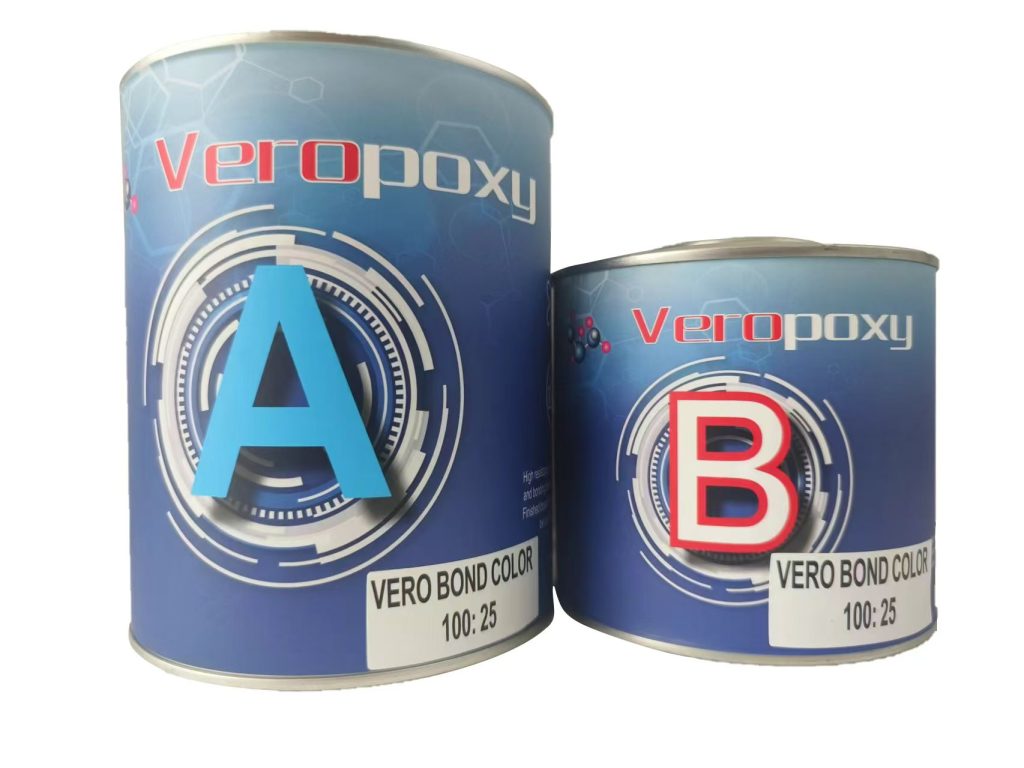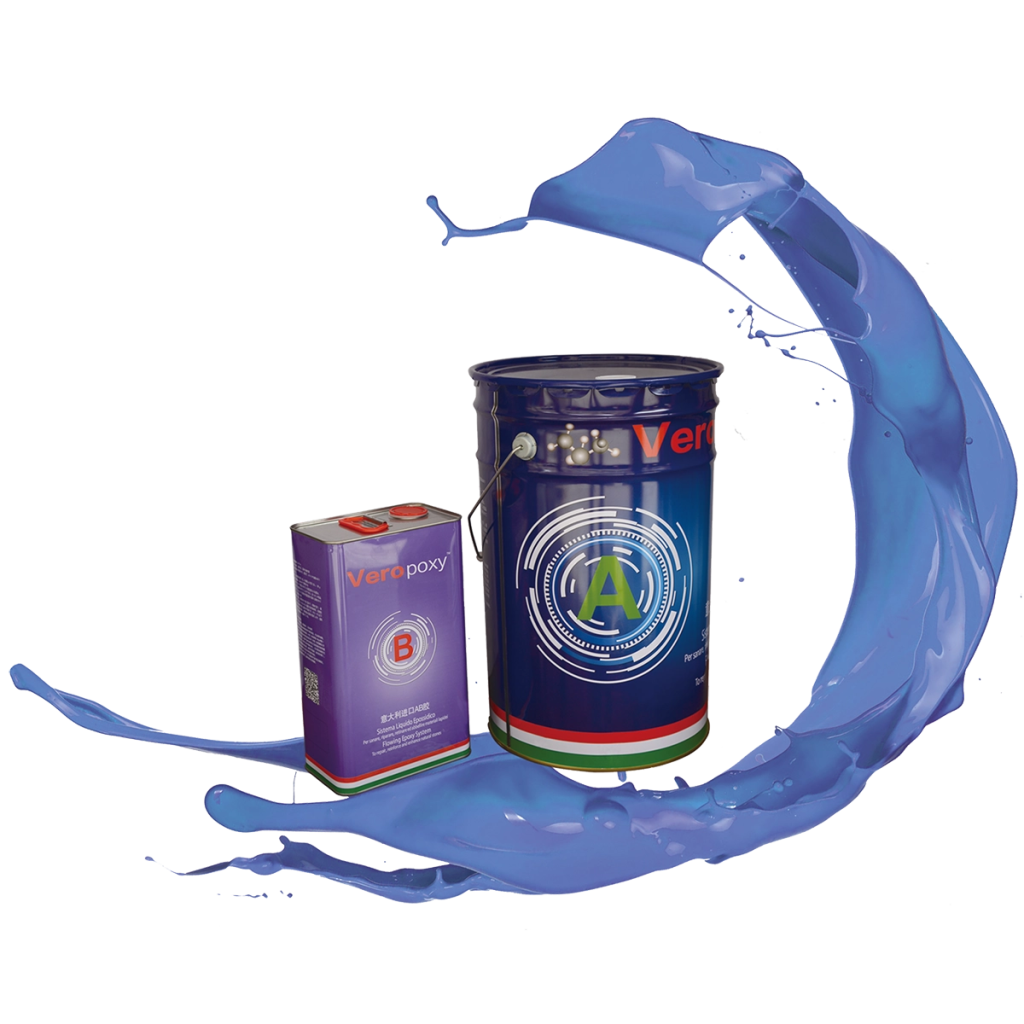In the world of architecture and construction, stone has always been celebrated for its timeless beauty and durability. From elegant granite counters in contemporary kitchens to great marble columns in old temples, stone surfaces offer an indisputable beauty and strength. One strong enemy, nevertheless, that even the toughest stones battle is chemical corrosion. Common household chemicals including acids, oils, and even mild cleaners can progressively erode the surface of stones, dull, pitted, or discoloured.
Now enter epoxy resin, a flexible and powerful fix that will greatly improve stone’s chemical corrosion resistance. Epoxy has been revolutionising the stone business in recent years for its protective power as much as for its adhesive properties. This page investigates the advantages of epoxy resin application, how it shields stone from chemical attack, and why it might simply be the unsung hero for maintaining stone surfaces.

How Epoxy Resin Enhances Chemical Resistance
Strong adhesive qualities, chemical stability, and protective properties of synthetic polymers such epoxy resin are well-known. Applied to stone, epoxy creates a hard, clear layer that serves as a barrier separating the stone from outside elements, including several chemicals that would otherwise degrade the surface.
1.Barrier Protection
The main way epoxy improves chemical resistance is by forming a protective layer. Many acidic and alkaline compounds that would usually degrade stone are impermeable to this layer. For instance, very acidic vinegar can rapidly dull marble surfaces. With an epoxy layer, though, the stone stays sheltered and the acid cannot reach the surface.
2.Improving Structural Integrity
Epoxy resin reinforces the stone from within by seeping into its small pores, so providing more than only surface protection. Many times porous, stones such as limestone and marble are more susceptible to chemical seepage. Epoxy not only increases the chemical resistance but also strengthens the stone by closing these pores, so reducing its likelihood of cracking or deterioration with time.
3.Resistance to Water-Based Corrosion
Many cleaning agents are water-based and include chemicals that over time might degrade untreated stone. On the other hand, epoxy resin is quite water-resistant, producing a hydrophobic layer that rejects moisture and any toxic compounds within. Outdoor stone surfaces subjected to rain, pollution, and acidic environmental chemicals especially benefit from this quality.
Real-World Applications of Epoxy Resin for Stone Protection
The capacity of epoxy resin to improve chemical resistance is being exploited in many different sectors and uses, each gaining from its special qualities.
1.Countertops in Kitchens and Bathrooms
Kitchen and bathroom counters often feature epoxy resin since stones are frequently exposed to acidic foods, cleaning products and personal care items. Epoxy protects the surface from typical stains and spills, so extending the life and look of the stone.
2.Industrial Stone Surfaces
Stones used for flooring, counters, or other work surfaces in industrial environments come into close proximity to strong chemicals. An epoxy coating not only shields the stone from these chemicals but also facilitates cleanup since spills can be cleaned away without immediate corrosion-related concern.
3.Outdoor Statues and Monuments
Over time, environmental toxins including acid rain can wear down stone. Epoxy resin provides long-lasting defence against environmental chemical corrosion when applied to outdoor stone surfaces including architectural details, monuments, and sculptures, so safeguarding these cultural icons for next generations.
Benefits of Using Epoxy Resin for Chemical Resistance
Epoxy resin applied to stone surfaces has several benefits that help to increase the material’s durability and beauty.
1.Enhanced Durability and Longevity
Epoxy resin helps stone surfaces last longer by preventing chemical corrosion. Less repairs or replacements results from this, which is especially helpful for expensive materials like granite and marble.
2.Improved Aesthetic Appeal
Stones can lose their brilliance or acquire stains from chemical corrosion. Preserving and improving the natural look of the stone, epoxy resin functions as a gloss coat. It protects the stone by looking neat and polished, accentuating its colours and patterns.
3.Ease of Maintenance
Because epoxy resin stops stains and corrosion from getting through the surface, stone surfaces treated with it are easier to maintain. For maintenance, basic, mild cleaners will suffice; hence, there is less need for strong chemical cleaners that might damage treated stone.
4.Cost-Effectiveness
Although epoxy application is extra cost, over time it can be far more affordable. Epoxy makes an investment in the lifetime and visual appeal of the stone by preventing chemical damage, so reducing the need for restoration or replacement.
Potential Considerations and Limitations
Though epoxy resin has many advantages, it is not a one-size-fits-all fix. Before applying epoxy to stone, one should take some considerations.
1.Application Skills Required
Epoxy resin application calls for some knowledge since incorrect application can cause peeling, uneven coatings, or bubbles. Professional application of the epoxy is advised for best results, especially in high-value stone projects.
2.Not Ideal for All Stones
Some porous stones might need further preparation to guarantee correct epoxy adhesion. Very rough or highly porous stones may absorb too much epoxy, producing an uneven finish that might compromise their performance.
3.Environmental Concerns
A synthetic material, epoxy resin has environmental effects that have drawn attention especially with relation to disposal. Although new environmentally friendly epoxies are developing, conventional resins could still include volatile organic compounds (VOCs) detrimental to the surroundings.

The way epoxy resin increases the chemical resistance of stone surfaces is simply revolutionary. Its strong, impermeable barrier protects stone from corrosive materials that might otherwise compromise its appearance and weaken its structure. From outdoor monuments to kitchen counters, epoxy’s adaptability and potency make it a priceless instrument for stone preservation. Unquestionably, using epoxy resin offers a sustainable approach to preserve and extend the beauty of stone surfaces for years to come, even if it may need some initial investment and correct application.
Post time: 11 月-06-2024

